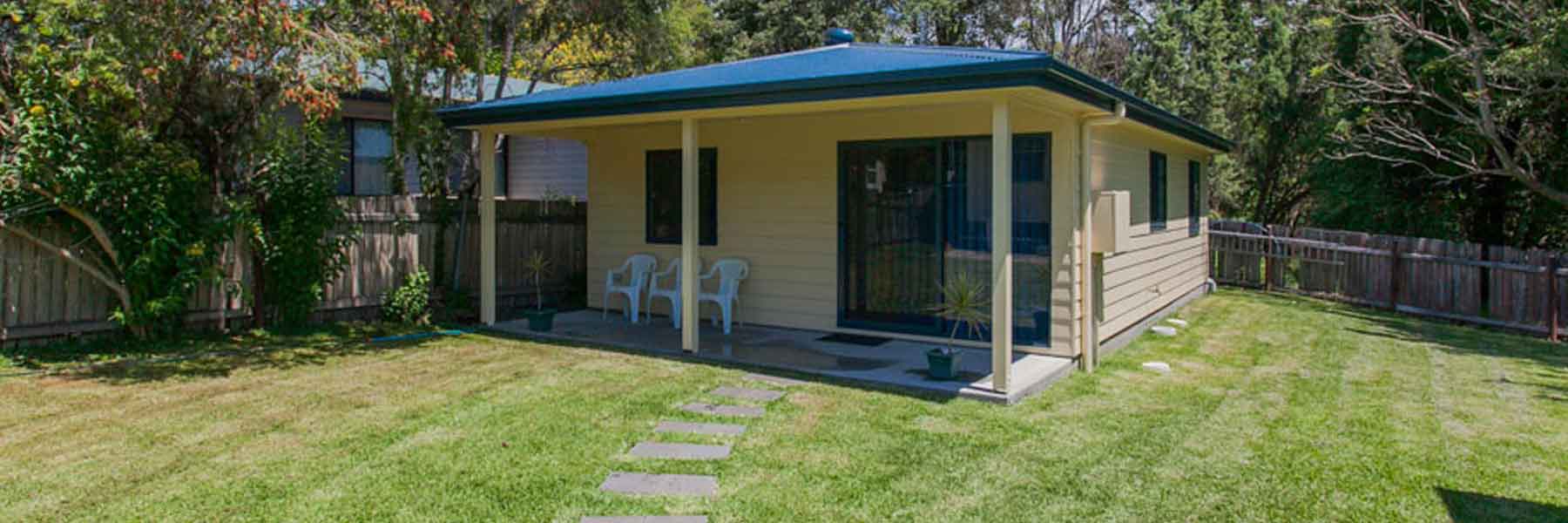Home > Home Loans > Refinance Investment Property
Refinance Investment Property
Interested in refinancing your investment property? Unsure of when to refinance or how to go about it? Savvy is here to assist you in our guide!
Author
Savvy Editorial TeamFact checked
Opting to refinance your investment property can benefit you greatly. Whether it be saving you money over the duration of your loan or refinancing to unlock your property’s equity, refinancing offers you flexibility and opens other avenues. Here we uncover the reasons for refinancing your investment property and break down the process.
How do I refinance my investment property?
When refinancing your investment property, you will need to compare your loan options across an array of lenders and understand the options given to you from each lender.
It is also worthwhile staying up to date with competing loan options over the duration of your investment property home loan so you are aware and can time your refinancing as best as possible. Check if your current mortgage competes with what other lenders are offering, if not you might find that there are better interest rate options out there or your current situation might necessitate that you change the terms of your loan. Ultimately, the best time to truly consider refinancing your investment property loan is when house prices are high and interest rates are low.
Once you have chosen a lender and a refinancing option which best suits your situation, you should get the application process underway as early as possible. The quicker you are able to move into your new investment home loan, the quicker you can start saving money and achieve what you set out to when opting to refinance. You will need to have up-to-date financial records and other documents which will be specified by your lender prior to application.
How do I compare investment property refinances?
When comparing investment property refinances, it is important to thoroughly research your options across a variety of lenders. Looking for loan options with lower interest rates is a given, but also keep an eye out for special deals from lenders which may include discounted or waived fees. Lenders will go to great lengths to recruit you as a new customer so take advantage of it.
Don’t rely on what you see on the internet to make your decision. Instead contact lenders directly as they may provide you with individual discounts or waive certain refinancing fees to gain your business.
Benefits of refinancing an investment property.
Refinancing an investment property provides a plethora of benefits to a property investor.
- Refinancing will allow you to opt for an investment loan option which offers a lower interest rate, ultimately reducing the cost of your loan over your loan’s term.
- Alternatively, you may opt to change the term of your loan. By choosing a shorter-term loan, you will be increasing your repayments but ensure you accumulate less interest over the time of your loan.
- On the contrary, if you find you are struggling to meet your loan repayments, you may wish to consider extending the period of your loan. This will result in you paying lower repayments; however, it will result in a longer loan which means extending your time with debt and increasing the overall interest payable on your loan.
- Refinancing could allow you to access equity and use it to further your investments. Accessing this equity could allow you to renovate an existing investment property or use it as a deposit for a new investment property.
What are the costs of refinancing an investment property?
Refinancing an investment property can be a costly process. Depending on your individual situation there are long-term benefits to a refinancing, but the associated costs may also mean it’s not the right option for everyone. Costs will vary depending on the conditions of your refinancing and whether you’re staying with your current lender or opting for a new lender. The costs to refinancing an investment property can include but are not limited to:
- Set up costs and home loan application fees when refinancing to a different lender.
- Exit fees from prior investment property loan.
- Discharge fees and settlement fees for your prior mortgage.
- Break fees will apply if the borrower opts to refinance from a fixed loan during the loan’s period.
- Lender’s mortgage insurance will likely apply if refinancing more than 80% of the property’s value.
How do I refinance an investment property?
Figure out the purpose
Figure out exactly why you are looking to refinance your investment property, what you are looking to refinance to and weigh up the pros and cons of doing so. Whether it be lower repayments, a better interest rate or a longer loan term, it is important to have clarity over what you seek before commencing the process of researching your loan options. Remember, always consider if the long-term benefits outweigh the short-term costs.
Explore your options
Explore your refinancing options with your current lender and proceed to explore other options with competing lenders. In consulting potential lenders, inform them of what you are hoping to achieve out of refinancing your investment property’s loan and what new loan terms you are after.
Submit your documents
Your chosen lender will inform you of what they will need from you to apply. This will likely include identification documents, income and asset documents, details of your current investment property’s mortgage, and details of the property itself to get the application process underway.
Top tips when refinancing an investment property
Take into account the additional costs
When opting to refinance your investment property, it’s important to take into account the additional costs of the refinancing process. After calculating these costs into your budget, consider whether it is still the right option for your investment home loan.
Consider the option of a shorter-term loan
Weigh up the option of a shorter-term loan when refinancing. If you opt to refinance to another 30-year loan when you have already been paying off your loan for several years, you are only extending your many years of debt. In addition, you will undoubtedly end up paying significantly more interest.
Consolidate debt
If you have some outstanding unsecured debt like credit cards or personal loans, now might be the right time to get rid of that high repayment unsecured debt. If you pay them out through your refinance you might find that this opens up your monthly budget significantly allowing you to save more and increase monthly cashflows.
Maintain a clean credit history
Especially in the period prior to and the period of refinancing, make sure to not take out any more loans which will increase your debt. This is a time where you will not want to take any unnecessary risks which could jeopardise the success of your application.
Common questions about refinancing an investment property
Ensure that you are very organised before applying with the necessary documents as stipulated by your lender and ensure they are up to date. Make sure your credit history is solid and your debt-to-income ratio is in your favour as these are two of the biggest factors which result in the denial of refinancing applications.
Interest rates on the mortgages of investment properties tend to be higher than mortgages on primary or secondary residences. This is due to the extra risk factor involved for lenders.
Having just one unit unoccupied shouldn’t be an issue with your lender. However, we do recommend attempting to have each unit occupied prior to applying for a refinance to avoid any potential issues.
This depends on your situation and what you are looking for by refinancing your investment property. However, by opting for a P&I loan you will be paying off your mortgage early which allows you to pay less interest. A P&I loan also ensures you are a low-risk borrower from a lender’s perspective. As a result, lenders are more willing to offer you a lower interest rate as opposed to that of an interest-only term loan.
Yes! The costs associated with moving between lenders or home loan products are indeed tax deductible. The tax-deductible costs include upfront application costs, ongoing loan fees and exit/discharge fees which apply when changing to your new loan. Make sure to keep all your investment property tax documents safe and secure! Speak with an accountant to ensure everything is done correctly and to make sure you maximise your returns.










